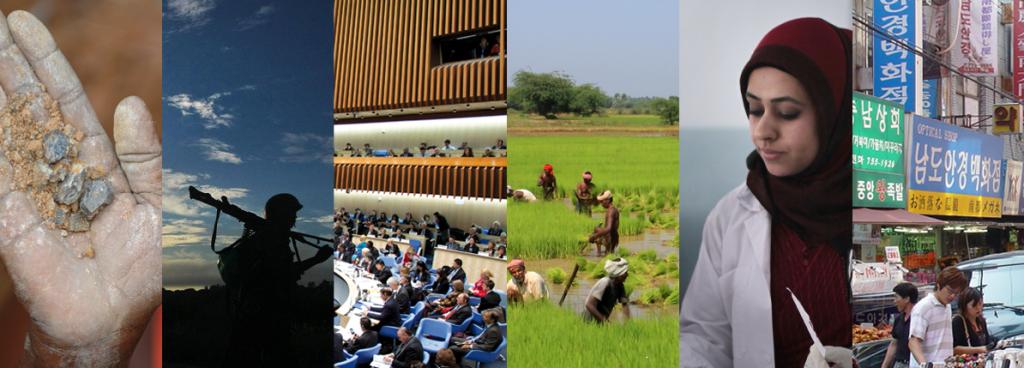Abstract
Community engagement has always been considered a core component of practical and ethical research in public health emergencies. Despite the increasing emphasis on its importance in global health, there are needs to be more focus on the ethical challenges of engagement in practice. By interrogating the everyday politics and practices of a wide variety of engagement activities during health emergencies, we will discuss how local histories and social and political dynamics shape community engagement processes; the ethical challenges for successful and appropriate community engagement, based on trust and transparency, concerning local social structures and dynamics. We will also discuss how to address Uncertainty in a pandemic context by involving communities in the identification of ethical considerations.
About the Speaker
Sylvain Landry Birane Faye is currently Full Professor of Sociology and Anthropology at Cheikh Anta Diop University in Dakar (SENEGAL). He holds a PhD in social and cultural anthropology from the University Victor Segalen Bordeaux 2, and is specialized in socio-anthropology of health and in evaluative research on health policies and systems in Africa. Involved in WHO and UNICEF intervention teams as an anthropologist, he has extensive experience in the fight against epidemics (Guinea Conakry, Mali, DRC). He also conducts research on Ebola vaccine trials in Guinea (NIH, INSERM, ALIMA), emergency response and health risk communication (WAHO, ECOWAS, GIZ). He has developed and evaluated community engagement programs in prepardness and epidemic control in West and Central Africa and in Indian Ocean countries. As part of the Ebola vaccine trial (PREVAC), he modeled a community engagement strategy for the trial and evaluated its impact on retention during implementation.
In the context of the COVID-19 pandemic, Prof. Faye is the principal investigator of the research program "Uses of Artificial Intelligence in the Fight against Covid-19: Local adaptability and social acceptability for an ethical and responsible AI (SENEGAL-MALI)" (funded by IDRC/AIDS) which aims to contribute to the response by providing decision support (contextual statistical prediction models, ethical and responsible AI adapted to African socio-cultural contexts including gender and vulnerable groups) aimed at governments, civil society, NGOs in Africa in order to optimize the results of the fight against pandemics. An important part of this project discusses the social acceptability of medical, health, political and social measures taken to fight the pandemic, in particular vaccination.
He is the national PI for Senegal of the African COVID -19 Vaccine Hesitancy - ACHES consortium composed of the Bernhard Nocht Institute of Tropical Medicine, the University of Ouagadougou (Burkina Faso), the University of Bamako (Mali), the Cheikh Anta Diop University of Dakar (Senegal) and the University of Sierra Leone, College of Medical and Allied Health Sciences (COMAHS) (Sierra Leone). This is a two-year longitudinal research study (repeated rounds) to document and analyze factors associated with COVID-19 vaccine hesitancy in six African countries in order to develop effective, context-specific public health strategies for vaccine rollout, with an emphasis on community engagement.




